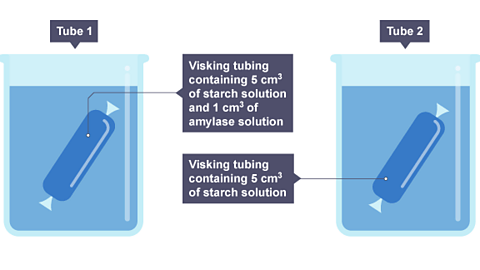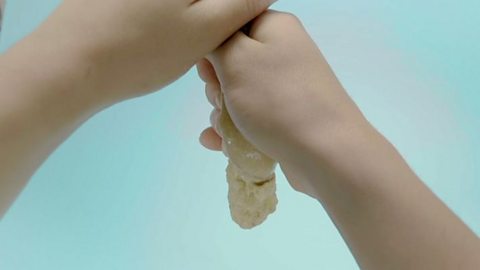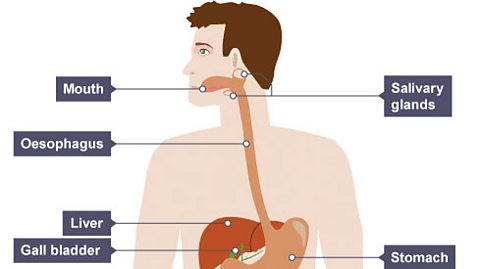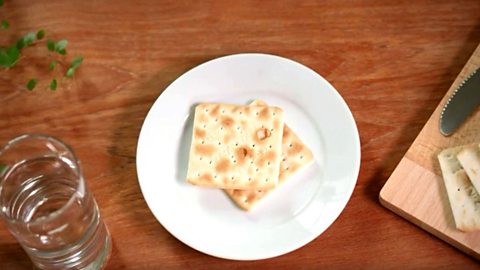Key points
- Poo, also called faeces, is the waste that remains after food has been digested and its nutrients absorbed by the body.
- Poo contains water, fibre, bile and bacteria.
- Many types of bacteria live in your digestive system. Some of these help to keep you healthy.
Digestive system activity
Play this game to explore how food is processed by the human body.
Video - What is poo?
Find out everything you wanted to know about poo
I'm Doctor Samanta. I'm a specialist in digestive problems. I work in an area called gastroenterology. A lot of my job is about looking at poo, asking about poo, and figuring out why people have abnormal poo.
Poo is made up of water. It's made out of fibre, which is the stuff that we can't break down from our diet. It's also made up of bile, which is produced through the liver, as well as bacterial cells.
Bacteria in the digestive system is really important to good health. Bacteria can be both good and bad. There are over a thousand different types that live in our digestive system. We need good bacteria to process food, to regulate the immune system.
When we look at poo, we're interested in not just how bulky it is, but we're also interested in its shape, its colour, its odour and texture, and this can be a sign of what's really going on inside the digestive system.
We ask patients to collect a very small sample, usually through a small spoon that's given with a kit. And that's sent to a laboratory where we can look at it with the naked eye and also under a microscope.
In order to have a good, healthy poo, it's about eating the right food, making sure there's enough fibre, drinking enough water.
One of the unfortunate parts of my job is that I do have to smell poo. It can sometimes be a clue as to what could be going on. The smell of the poo was something I wouldn't forget in a hurry.
What is poo made of?
The digestive system breaks down food into smaller molecules. These smaller molecules pass into the blood, which carries the nutrients in these molecules to where they are needed.
Poo is the waste that remains after food has been digested and its nutrients absorbed. The scientific word for poo is faeces. Poo contains water, fibre, bile and bacteria.
Fibre
Fibre comes from plants, and is not broken down in the digestive system. It adds bulk to food, and helps it to move through the digestive system.
Bile
Bile is made in the liver. It is a yellowish-green alkaline liquid. It breaks big lumps of fat into smaller lumps, and big drops of oil into small droplets.
Bacteria
Up to a thousand different types of bacteria live in your large intestine. Some bacteria species live in everyone, other types live in some people but not others. This makes you unique, no-one else has exactly the same gut bacteria as you.
There are many types of bacteria that help keep you healthy:
- Gut bacteria feed on fibre. This produces waste products that nourish the large intestine lining.
- Some types of bacteria make vitamins.
- Some bacteria help your immune system to work properly, so preventing disease.
Not all gut bacteria are helpful. Some types may cause infection, and others may increase the risk of cancer.
What does your poo say about you?
Specialist doctors use the shape, colour, smell and texture of poo to help diagnose disease:
- Normal poo is like a soft, smooth sausage, or it might be sausage-shaped with cracks in the surface.
- Separate, hard lumps show that you are not drinking enough water.
- Mushy or liquid poo shows that you have diarrhoea, perhaps caused by an infection.
Quiz
GCSE exam dates 2025
Find out everything you need to know about the 2025 GCSE exams including dates, timetables and changes to exams to get your revision in shape.

More on Nutrition, digestion and excretion
Find out more by working through a topic
- count14 of 15

- count15 of 15

- count1 of 15

- count2 of 15
